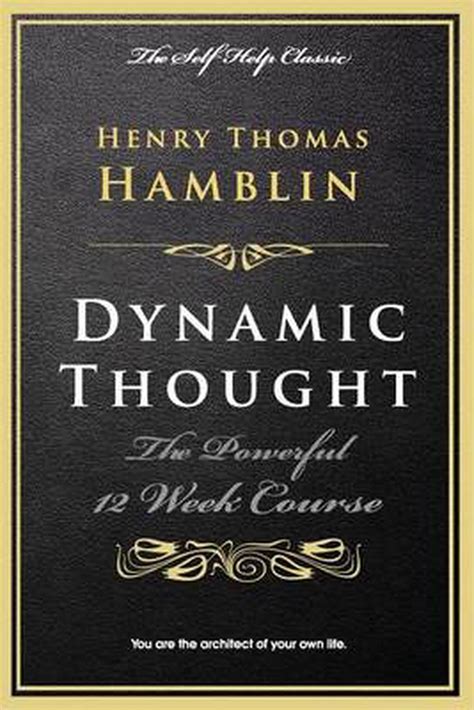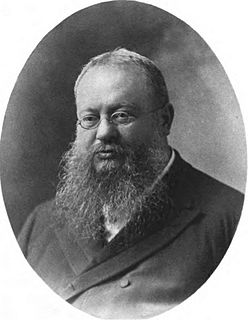A Quote by Dalai Lama
On the philosophical level, both Buddhism and modern science share a deep suspicion of any notion of absolutes, whether conceptualize as a transcendent being, as an eternal, unchanging principle such as soul, or as a fundamental substratum of reality. ... In the Buddhist investigation of reality, at least in principle, empirical evidence should triumph over scriptural authority, no matter how deeply venerated a scripture may be.
Quote Topics
Absolutes
Any
Authority
Being
Both
Buddhism
Buddhist
Deep
Deeply
Empirical
Empirical Evidence
Eternal
Evidence
Fundamental
How
Investigation
Least
Level
Matter
May
Modern
Modern Science
Notion
Over
Philosophical
Principle
Reality
Science
Scripture
Share
Should
Soul
Suspicion
Transcendent
Triumph
Unchanging
Whether
Related Quotes
If science proves some belief of Buddhism wrong, then Buddhism will have to change. In my view, science and Buddhism share a search for the truth and for understanding reality. By learning from science about aspects of reality where its understanding may be more advanced, I believe that Buddhism enriches its own worldview.
In all modern history, interference with science in the supposed interest of religion, no matter how conscientious such interference may have been, has resulted in the direst evils both to religion and to science, and invariably; and, on the other hand, all untrammelled scientific investigation, no matter how dangerous to religion some of its stages may have seemed for the time to be, has invariably resulted in the highest good both of religion and of science.
If we wish to draw philosophical conclusions about our own existence, our significance, and the significance of the universe itself, our conclusions should be based on empirical knowledge. A truly open mind means forcing our imaginations to conform to the evidence of reality, and not vice versa, whether or not we like the implications.
Buddha was speaking about reality. Reality may be one, in its deepest essence, but Buddha also stated that all propositions about reality are only contingent. Reality is devoid of any intrinsic identity that can be captured by any one single proposition - that is what Buddha meant by "voidness." Therefore, Buddhism strongly discourages blind faith and fanaticism.
As a matter of principle, we believe patients should be able to see the right doctor at the right time. As a matter of principle, we believe nothing should interfere with that doctor-patient relationship. As a matter of principle, we believe all Americans deserve affordable, available, and reliable quality health care.
[The] first postulate of the Principle of Uniformity, namely, that the laws of nature are invariant with time, is not peculiar to that principle or to geology, but is a common denominator of all science. In fact, instead of being an assumption or an ad hoc hypothesis, it is simply a succinct summation of the totality of all experimental and observational evidence.
Of all the statist violations of individual rights in a mixed economy, the military draft is the worst. It is an abrogation of rights. It negates man’s fundamental right-the right to life-and establishes the fundamental principle of statism: that a man’s life belongs to the state, and the state may claim it by compelling him to sacrifice it in battle. Once that principle is accepted, the rest is only a matter of time.







































